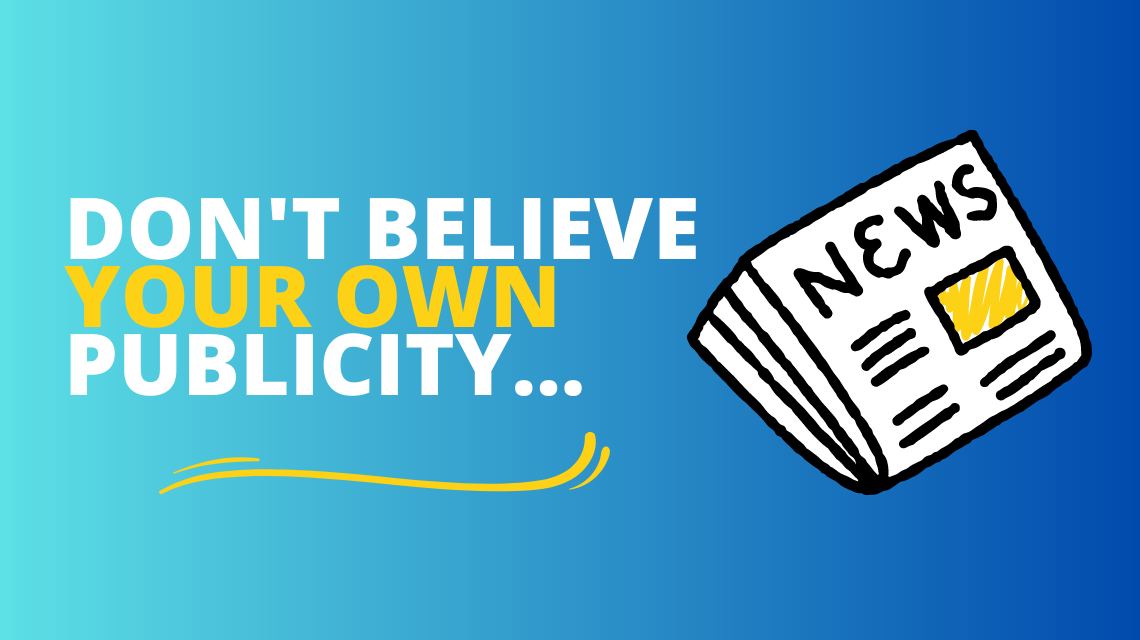When I was a kid, I loved the story of Esther. A family friend gave me a tape cassette with an accompanying book (in rhyme) of the story and I listened to it so many times, I eventually wore the tape out.
Most great stories have a goody and a baddy and the evil villain in Esther’s story was Haman.
He was an important figure in the government of King Ahasuerus but had repeated dramas with a local man called Mordecai. In short, Haman’s exalted Government position meant that mere mortals were expected to bow in his presence. Mordecai refused and Haman was (according to Esther 3), ‘enraged’.
Officials pleaded with Mordecai, ‘Come on, just bow when he walks by….it’s not that big a deal….go on…’ But Mordecai was resolute and refused to bow, acknowledging that for religious reasons, he was not able to bow to anyone other than the Creator of the Universe.
Haman grew angrier and angrier at this stinking rebellion and began to plot a genocide which would not only finish off Mordecai, but every Jewish person living in the land.
There’s lots more to the story (I won’t spoil the ending), but reading it again recently, I started thinking about how differently Haman’s life could have been, if only he’d not believed his own PR.
Most of my life has been spent working in media and communications. That’s often been served up with a side dish of celebrity life and I’ve met plenty in both the secular and Christian worlds who, somewhere down the line (it seemed) had started to believe their own publicity.
We’ve all heard desperately sad stories of leaders who’ve had ‘moral failures’; lives left in tatters after affairs, porn, embezzlement or unfaithfulness of some kind or another. And I’m guessing no one wakes up one day and decides to risk everything and gamble away their reputation. More likely it’s a slow, sliding process which begins when a person starts to believe they really are as good as the publicity says.
But, is there a way to stop disaster in its tracks?
Haman’s story in Esther says that if he’d paid attention to the warning signs, maybe there would have been.
Check the perks of the job
Many positions of trust and authority come with ‘perks’. It might be a special title, a uniform, or a reserved parking space – all of which lets people know who you are. But just because we’re offered the perks, doesn’t mean we have to use them. One of Haman’s perks was the decree that everyone needed to bow in his presence. When Mordecai didn’t, Haman was enraged. Who the hell did Mordecai think he was?
If deep down, we need to use the perks of the job, as a way of letting others know just how important we really are, we might have a problem.
Don’t be a name-dropper
Haman liked to name-drop, throw around the news that he was, yaknow, hanging out with the King and Queen. Who wouldn’t respect someone with amazing Royal connections? Haman needed people to know that he was friends with influential, powerful rulers. He loved the look of surprise on people’s faces, as they realised that he had the ear of the King.
No one likes a name-dropper. And do we *really* need to retweet the lovely things people say about us on Twitter?
You’re not the star of the show.
The King asked Haman’s advice about how to honour a special man. Haman figured the King must be talking about him.
The King wasn’t.
Haman believed he was the star of the show, the one the King wanted to honour. He was wrong. And, as the story goes, he was pretty dispensable too.
Don’t abuse your power
Haman’s plot to wipe out an entire people group, was way beyond the scope of his responsibility. But he had a little power and he was about to abuse it, in order to serve his own vested interests. He had a personal spat with a man, so used the power of his office to cook up some divine justice. It doesn’t have to be anything as desperate as a genocide, but in much smaller ways, it’s easy to use the power we’ve been given, to serve our own interests.
The story of Esther is a terrifying, cautionary tale about what can happen when we start to believe our own PR.
But it also speaks to the heart of who God often chooses to do his finest work. He’s always been a specialist in using the downtrodden, the unlikely, the orphaned. In other words, he doesn’t actually need us at all. If he chooses to use us, then wow, but he certainly doesn’t need anything we can bring to the table (as tough as that is to hear).
If God can anoint a nervous young girl from the back of beyond to save a nation, He really doesn’t need our abilities or talents as much as we think he does.
